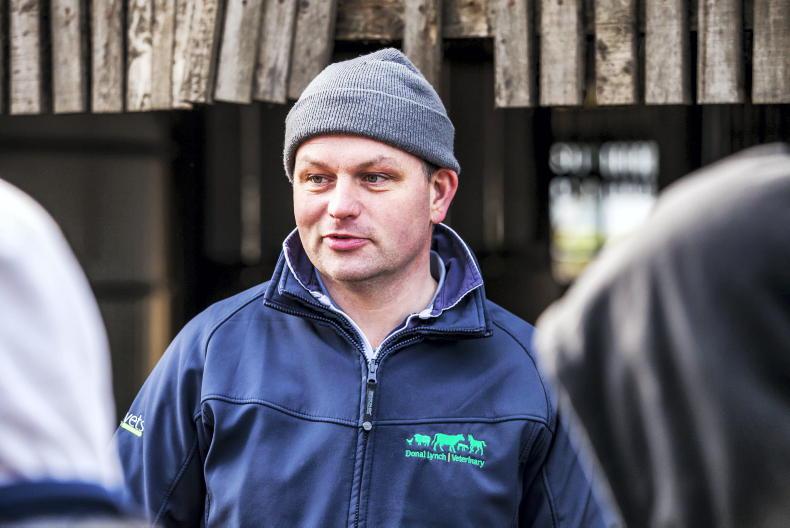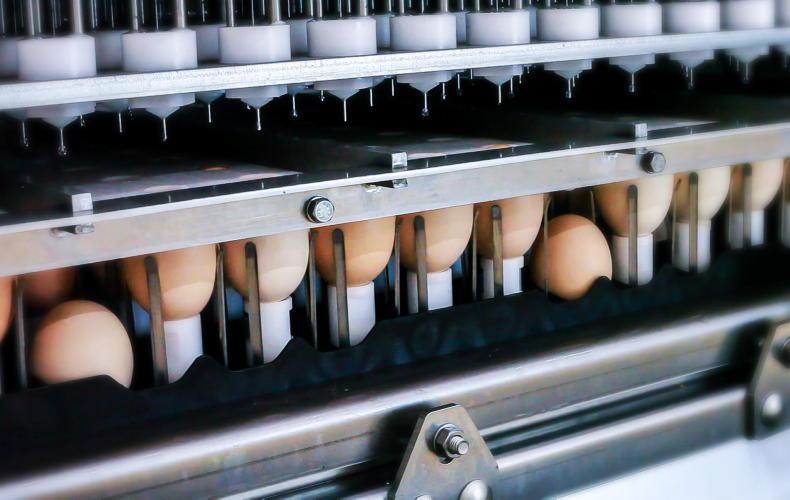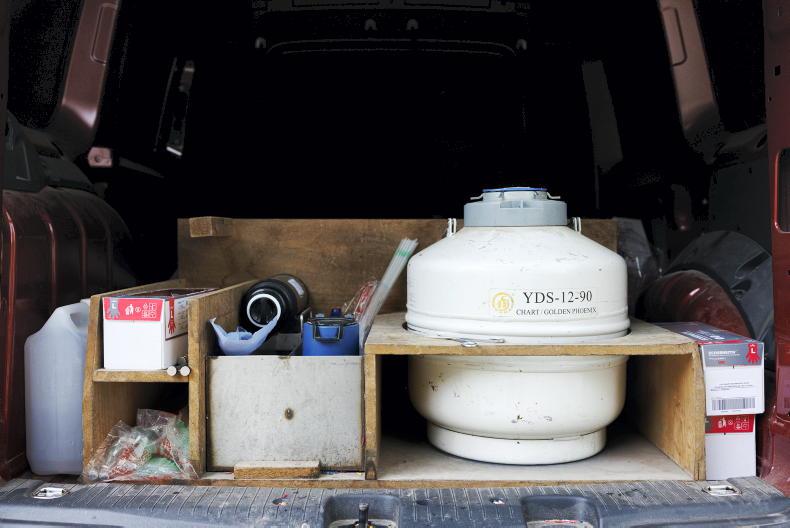Supply shortages of the sheep vaccine Heptavac P Plus is expected to last throughout the spring period, a representative from MSD Animal Health has said.
The vaccine is used for the control of both clostridial diseases and pasteurellosis and a booster is administered to pregnant ewes at four to six weeks prior to lambing.
Cara Sheridan from MSD said supplies of Heptavac are coming forward, although it will likely be too late for most farmers to administer to ewes pre-lambing.
“There will be some Heptavac coming in March, April and May, which is not much use before lambing,” she acknowledged.
Speaking at a National Sheep Association event in Dungiven last week, Sheridan said that batch failures due to quality control testing was a key reason behind the supply issues.
She said the Heptavac manufacturing site at Milton Keynes in England must run at almost full capacity to keep up with demand, so any disruption causes immediate shortages.
“If we get a batch failure, which is inevitable with vaccines, it just knocks the whole thing off.
“That will always be the case because the testing is rigorous,” she said. Sheridan pointed out that supply shortages also occurred last year and suggested that a longer term solution could be to move the manufacture of Heptavac to a larger site.
“The only thing that we can do as a company is to try and increase capacity, so that when batch failures happen, there is a greater capacity to still supply the demand from the marketplace,” she said.
Bravoxin
There are currently no supply issues with the cattle and sheep vaccine Bravoxin and reports suggest more sheep farmers are using it this spring in the absence of Heptavac. However, Sheridan pointed out that Bravoxin only covers clostridial diseases, so immunity to pasteurellosis is not boosted with a pre-lambing shot.
“To get the pasteurellosis cover back up, it will require two shots when vaccines are available again,” she said.
Ovivac P Plus is another sheep vaccine which covers clostridial diseases and pasteurellosis, although Sheridan said it is more suited to store lambs than pregnant ewes.
“Ovivac covers four clostridials, whereas Heptavac covers seven. It doesn’t cover lamb dysentery which can be a huge killer of lambs in the first weeks of life,” she said.
Schmallenberg vaccine will not be available
Despite significant outbreaks of Schmallenberg on sheep and suckler farms across the UK and Ireland this year, a vaccine against the virus is not likely to become available.
“I have asked the question and ‘no’ was the answer,” said Cara Sheridan from pharmaceutical company MSD Animal Health.
First instance
The virus was first detected in NI back in October 2012 and there was a significant wave of infections in 2017 and 2018.
At that time, a vaccine was manufactured by MSD, although it has not been available in recent years.
“It is not coming back and there is no talk of any other company making a vaccine because people are putting all their resources into Bluetongue,” Sheridan said. “There was an amount of the Schmallenberg vaccine sold in a short period the last time and then it dropped off a cliff because you do get immunity in flocks.”










SHARING OPTIONS